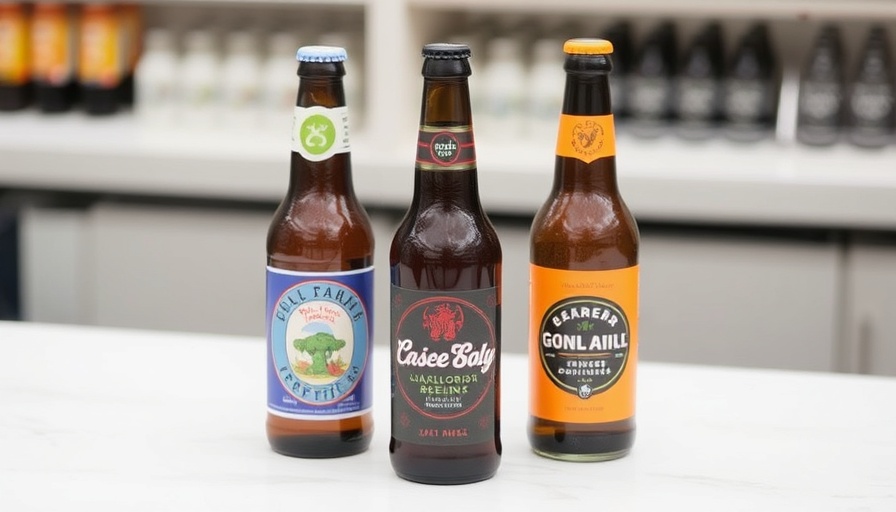
Harnessing the Hidden Potential of Biosolids
In a world increasingly aware of sustainability, the concept of rethinking wastewater treatment emerges as a beacon of hope. Biosolids, the nutrient-rich leftovers from wastewater treatment processes, present a remarkable opportunity to enhance agricultural productivity while also addressing environmental concerns.
The Journey of Biosolids: From Waste to Resource
Biosolids begin their journey as a byproduct of wastewater treatments designed to clean and protect our waterways. Once treated to eliminate harmful pathogens, these solids transform into a valuable fertilizer. Certified classifications, particularly the Class A Exceptional Quality, ensure that products like DC Water's Bloom can safely enrich soils, promoting the growth of crops and sustaining gardens alike.
Enhancing Soil Vitality: A Sustainable Solution
Utilizing biosolids is not only a practical measure but a sustainable one. Known for their rich nitrogen content, they act as organic fertilizers, restoring and improving soil health over time. Unlike synthetic alternatives, biosolids gradually release nutrients into the soil, which helps maintain a balanced ecosystem, reduces the risk of runoff, and boosts drought resistance.
Historical Perspectives on Soil Enrichment
The principle of recycling waste to enhance agricultural outputs is not entirely new. Historic practices, such as the use of 'night soil' in ancient Japan, illustrate long-standing traditions aimed at enriching soil fertility through responsible waste management. Meanwhile, modern products like Milorganite have stood the test of time, proving the efficacy and acceptance of biosolid applications.
Engaging Local Communities in Sustainable Practices
Recent successes of biosolids usage, particularly in urban areas like DC, highlight the community's role in promoting sustainable practices. Initiatives that encourage public awareness and participation have shown that there is growing support for utilizing eco-friendly resources in agriculture, thus leading to healthier local environments and food systems.
The Path Forward: Embracing Innovation
As we face challenges of declining soil fertility, rising fertilizer costs, and environmental degradation, embracing biosolids could be a pivotal solution. Encouraging local farmers, gardeners, and policymakers to recognize the wealth hidden in wastewater can transform challenges into opportunities, paving the way for a greener, more sustainable future.
 Add Row
Add Row  Add
Add 




Write A Comment